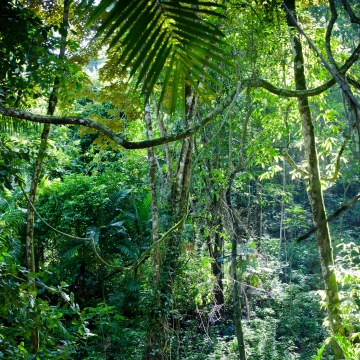Impact of forest certification on the growth of exports in Chile
We investigate and compare the growth of export relationships of Chilean forestry companies based on intensive and extensive margins. In turn each margin consists of new export relationships (extensive margin), Survival and Deepening (intensive margin). One risk that an exporter faces during its early years are short-lived relationships, Pursa and Besedes (2010) attribute this behavior to the existence of uncertainty and imperfect information regarding the costs that firms acquire when inserted in destination countries.
